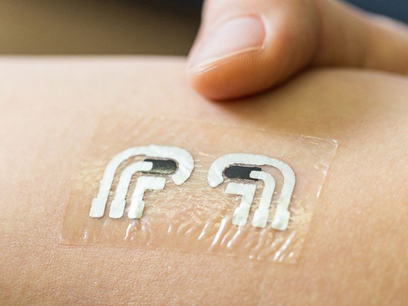Mission Statement

The mission of the Center for Advanced Neural Engineering (CANE) is to integrate the abundant expertise in neural engineering and computation at UCSD with basic scientific and clinical knowledge of the nervous system to improve the diagnosis, treatment, and prevention of neurological diseases and injuries. The center will characterize and clarify neuropathogenic processes, create and apply innovative technologies for advanced neuroscience research, and develop novel methods and strategies to create new ways to improve the lives of patients with neurological disorders.
The center will focus on novel approaches to recording and modeling brain activities and body functions, including the combination of electroencephalographic, electromyographic, behavioral, and physiological measures. Emerging microelectronic technologies will be used to develop human noninvasive, high-density, multimodal, mobile brain/body imaging and analyses, and implantable applications of closed-loop systems. The center will enable wireless transmission of a patient’s health status and their needs to health providers to enable noninvasive, personalized remote health care, real-time, high-content phenotyping, and longitudinal follow-up.
The center will also develop and apply advanced computational approaches to analyzing the flow of information, and create smart databases interfaced with online data mining, allowing the translation of advances in neuroscience into health care in the clinic, the workplace, and the home. Advanced statistical methods, including independent component analysis, will be employed to enable high-throughput feedback to the subject and a reduction of healthcare costs. These approaches will facilitate diagnosis, monitoring of treatment efficacy, and prediction of outcomes for neurological diseases such as Parkinson’s disease, Alzheimer's disease, Huntington's disease, Down syndrome, Lou Gehrig’s disease, cerebral palsy, sleep disorders, stroke, traumatic brain injury, etc. The center will create a first-in-class effort for understanding and treating the nervous system to improve the lives of individuals afflicted with neurological diseases.
Proposition 209 Compliance
In accordance with applicable Federal and State law and University policy, the University of California does not discriminate, or grant preferences, on the basis of race, color, national origin, religion, sex, disability, and/or other protected categories. Initiatives are open to all eligible members of the UC San Diego campus community and does not discriminate against, or grant preferential treatment to, any individual or group on the basis of race, color, national origin, religion, sex, disability, and/or other protected categories.
